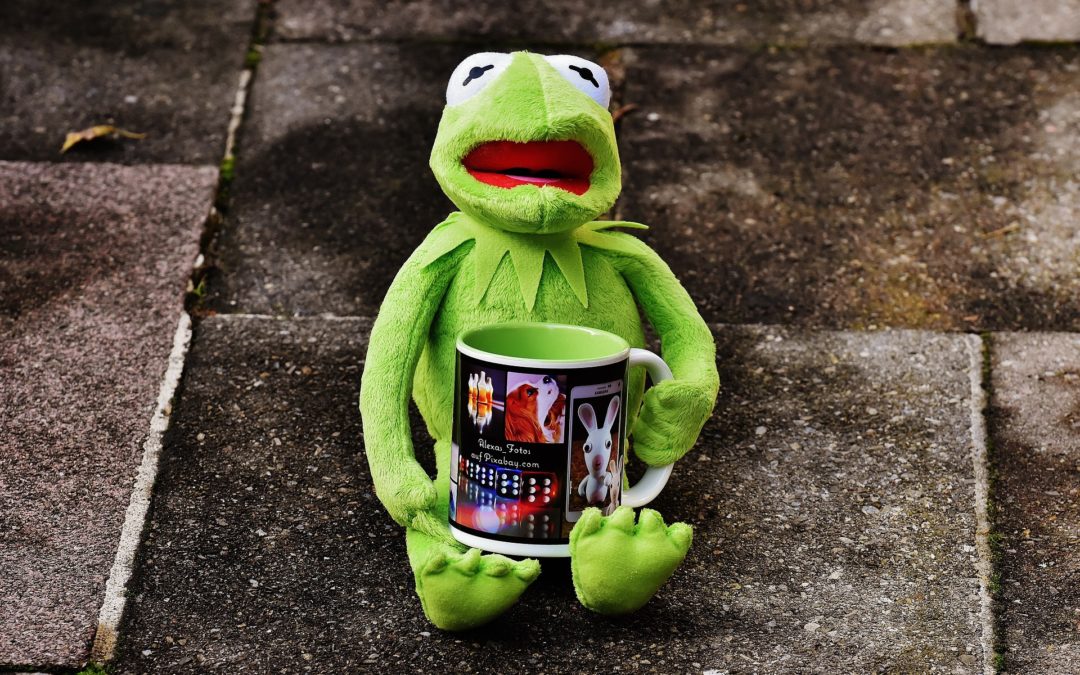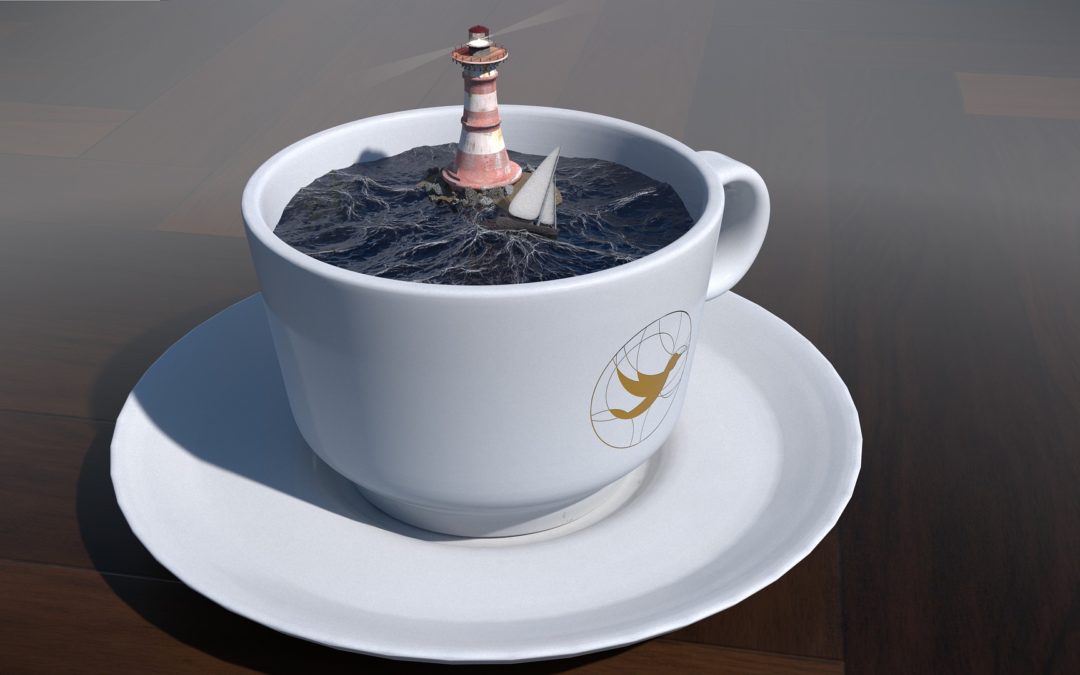“What time is the end of the world?“
No, let’s start from the beginning: The War of the Worlds is a novel written by H. G. Wells, one of the forerunners of the science fiction genre, originally published in installments in 1897 on the Pearson’s Magazine in London.
First curious anecdote: HG Wells took in part inspiration from Giovanni Schiaparelli’s theories about Mars (and if you always read me remember our save the date 🙂 )
The astronomer and director of the Brera Astronomical Observatory in Milan observed some lines on the surface of the red planet, and hypothesized that they could be natural channels for the transport of water as they changed from one observation to another.
At this point there is another beautiful smile because what is one of the painful keys for all of us Italians? Knowledge of English!
Why do I say this? Because its natural channels were translated with the wrong term that distorted the theory by transforming them into artificial canals. Hence the assumption that they had been excavated by … Martians, precisely.
These famous “Martians” who populated the fantasies of many, embodying the most varied forms and descriptions, before being replaced by the most universal aliens.
These famous “Martians” who inspired Wells first and then Welles, Orson Welles.
Curious also this coincidence, one e above all and a patented invention separates them, another curious fact, always in 1897, always in London, and always by an Italian: Guglielmo Marconi.
Why do I switch to radio? Because in the meantime we arrive in 1938, and the radio is still the fledgling mass media and, exactly as it works today for the internet, it is seen as a form of potentially dangerous communication. It is seen as a vehicle of social mutation, for the rapid diffusion to the easy reach of a large number of people, and above all harmful to the publishing giants, worried about losing their income.
And precisely at CBS Orson Welles conducts The Mercury Theater on the Air: a program consisting of the narration of the great classics of literature, for the truth poorly paid and not much followed.
But Orson, at that time a Shakespearean actor, expresses his genius by using the program also to deal a blow to the system, deciding to cut the news in real time, and in view of the imminent Halloween, structures the Martian invasion described in the book like a real-time radio commentary.
It is in fact on October 30, 1938 when the reading of the opening words of The War of the Worlds is on air, interspersed with musical broadcasts, as usual, until an announcement interrupts the music and transposes the text setting it in the United States. With the help of screenwriter Howard Koch, completed with mock interviews with experts, imitations of press releases from the authorities, and sound effects to which Orson Welles pays special attention.
At the beginning and during the transmission it is clearly stated that it is the transposition of the novel, but many tune in at different times and the illusion effect created artfully succeeds perfectly.
It is said that a man called the New York Times to ask “what time is the end of the world?” to which the famous song written by Michael stipe of R.E.M. is inspired.
There is a chorus that supports the exaggeration of the estimates that count people running in the street, panic scenes, or hysteria, and I honestly don’t intend to dwell on the numbers, since, especially in this period, we everyday hear tragic counts.
In fact, in Grover’s Mills, New Jersey, there is a commemorative plaque with the following inscription:
On the evening of October 30, 1938 Orson Welles and The Mercury Theatre presented a dramatization of H.G. Wells The war of the worlds as adapted by Howard Koch. This was to become a landmark in broadcast history, provoking continuing thought about media responsibility, social psychology and civil defense. For a brief time as many as one million people throughout the country believed that Martians had invaded the earth, beginning with Grover’s Mill, New Jersey.
The important thing that Orson Welles has more or less voluntarily shown us is that people are led to believe rather unconditionally what is communicated to them by the mainstream mass media.
How many times have we heard “TV said it?”
How many care to check the news?
This time I went beyond coffee time, but today we can also indulge in chocolate, what do you say?
Now I conclude with the last strange coincidence: in The War of the Worlds the Martians are defeated by a virus.







 Hi I'm Claudia and this is KCDC.
Hi I'm Claudia and this is KCDC.





LATEST COMMENTS